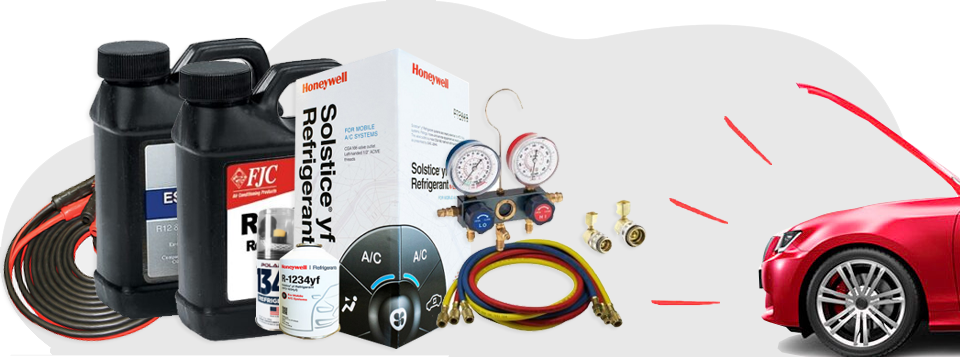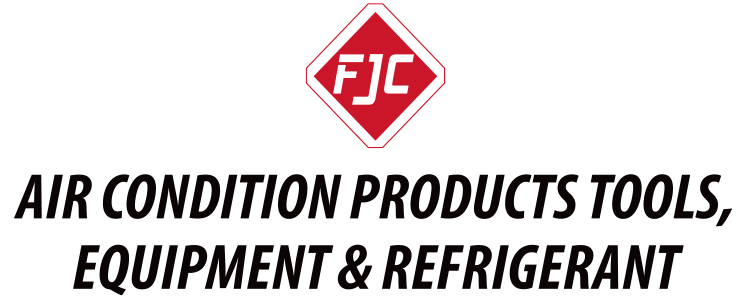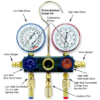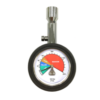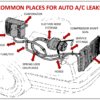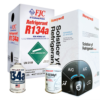How do I Know Whether I Should Charge my A/C?
A/C systems operate by utilizing a compressor which pressurizes and circulates refrigerant and oil through the system, producing cold air through refrigerant phase changes. The refrigerant starts out as a gas in the low-pressure side, and is converted into a liquid by the pressure in the high side. The cycle of refrigerant through the different pressures causes it to change phase (and temperature) as it circulates.
Because A/C systems are pressurized, they must be completely sealed to function properly. That means there should always be a consistent amount of refrigerant in the system. Over time, however, systems may develop leaks either by degradation of rubber seals (slow leak), or through damage to the vehicle (usually a faster leak). Once a leak has begun, refrigerant will continue to leak out until the A/C is no longer able to function effectively. When this happens, the leak should be sealed and the system recharged with refrigerant to restore sufficient cooling capability.
In general, an A/C system will begin to display one or both of the following symptoms when it needs to be recharged:
The System Will Blow Warm Air
The most obvious symptom that a vehicle’s A/C needs to be recharged is that there will be a noticeable loss in the cooling capability of the system. If you notice that the air is not blowing as cold as it was or is not blowing cold at all, you may have a leak. Leaks can be detected using a leak detection dye, a leak detection system, or they may be visibly obvious.
You May See Visible Signs of Refrigerant/Oil Leak
If you look under the hood and see signs of a greasy film on any of your A/C components or fittings (or if there are any pools of refrigerant oil under the vehicle), this is a sure sign that a sizable leak has developed. If the leak is large enough to show residue in this manner, you should have a professional determine the size and location of any leaks and repair them before adding refrigerant. If you don’t, refrigerant, and it associated oil, will continue to leak— necessitating frequent recharging and polluting the environment.
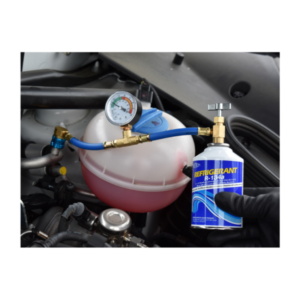
However, there are also times you should NOT recharge your system. Refer to our post Are there Times I Should NOT Add Refrigerant to My Automotive A/C ? To learn when you will be better served to seek the help of a professional tech before charging.
LMK 2020
